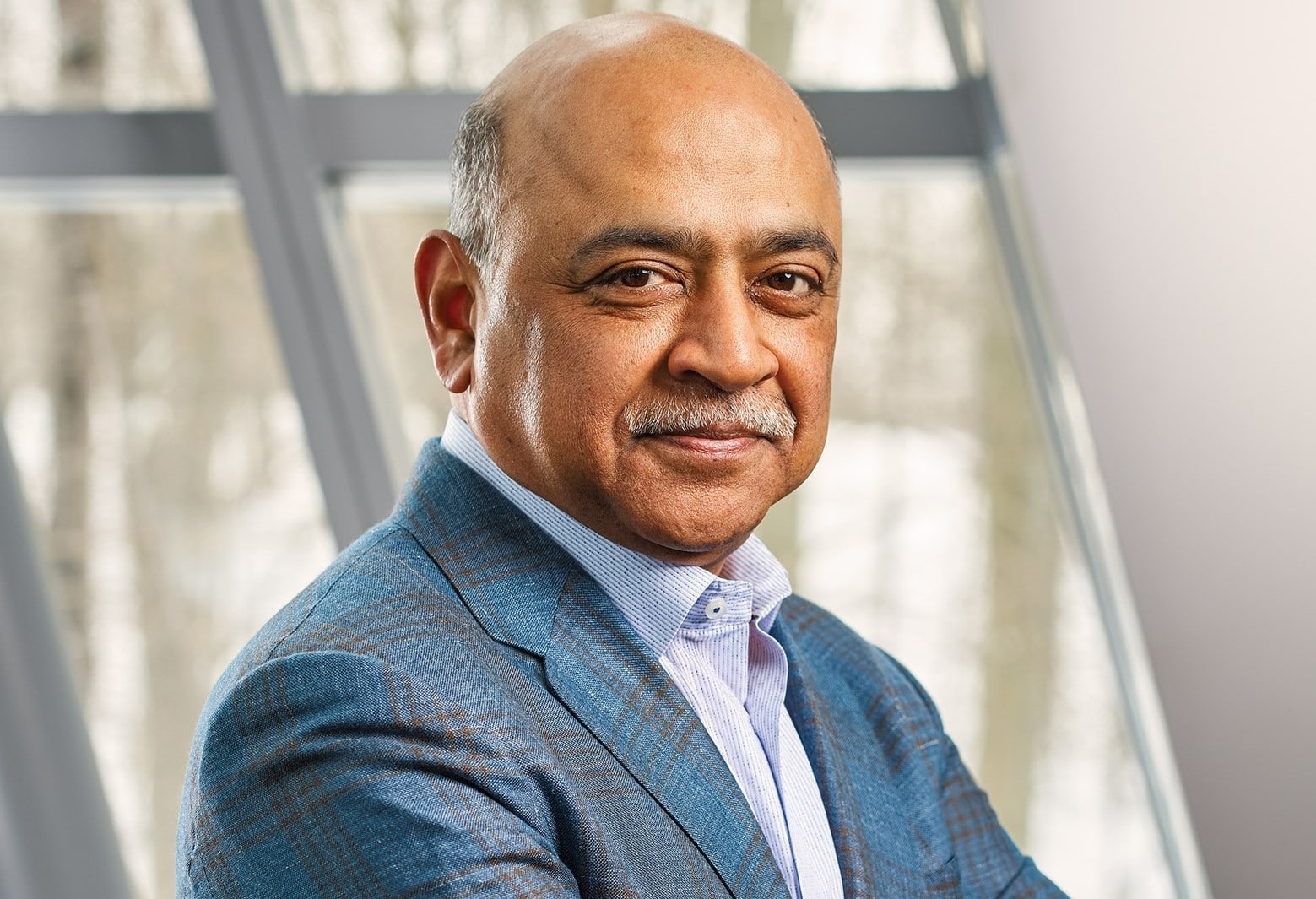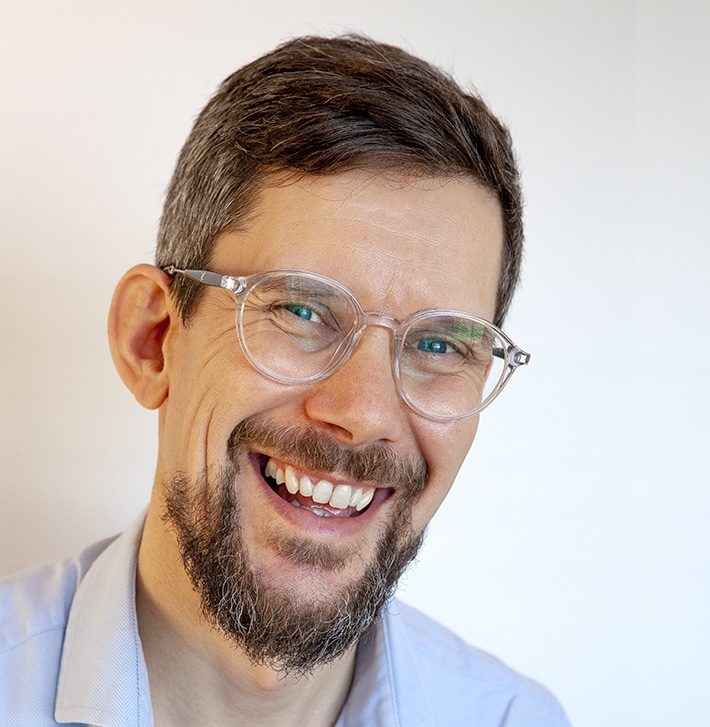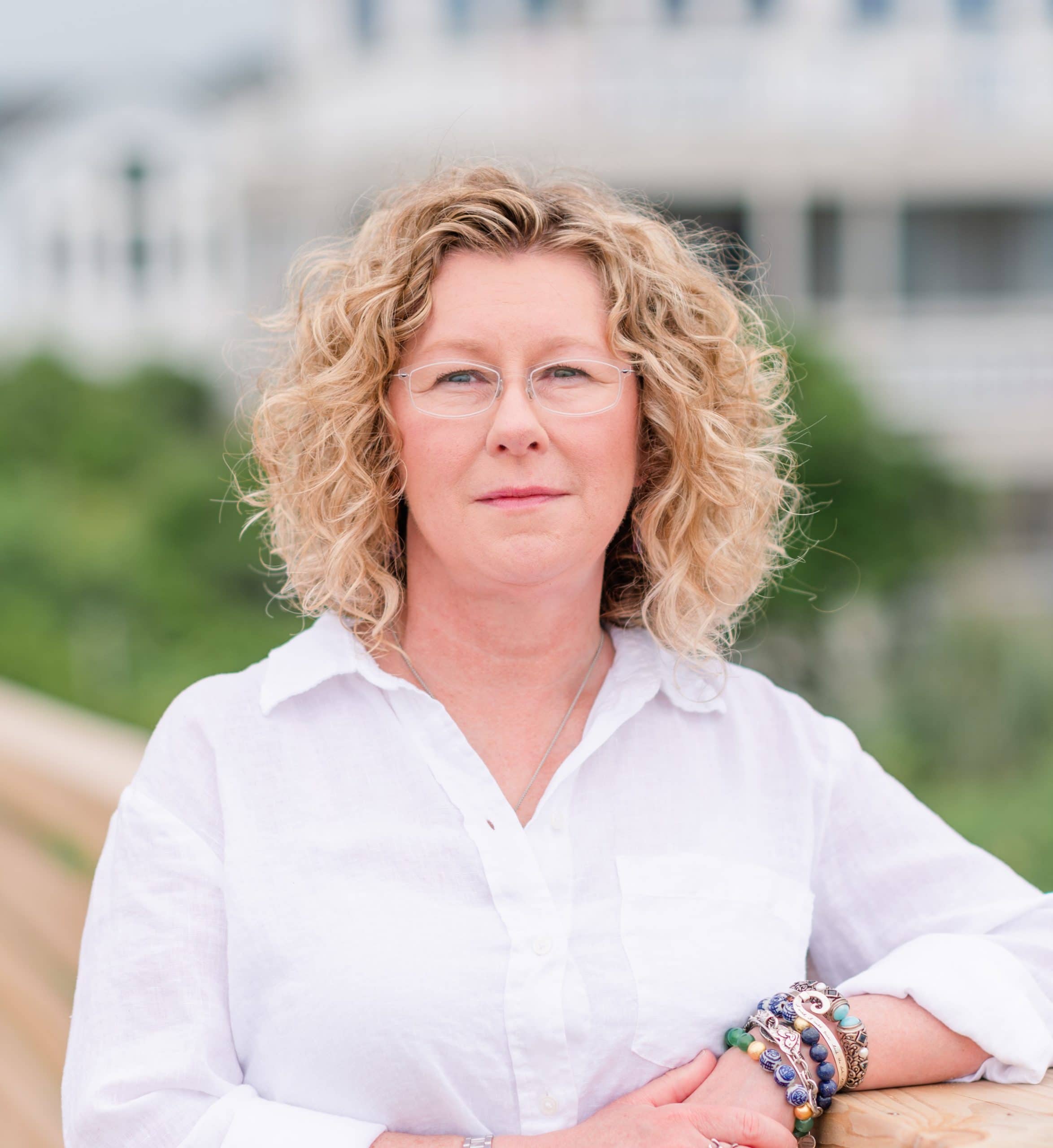Erik lives and was trained in the Netherlands. He worked for decades in several professions and business at financial institutions, mainly within the internal control sector and from managerial positions. He was also involved with the different stages of the financial bubble in 2008.
In recent decades, a change took place in respect for norms and values, and Erik went looking for a counterpoint to get ideas. That quest resulted in participation in the closing conference “Europe, A Beautiful Idea?” (2004, NEXUS Institute) and “The Sound of Europe” (2006, Austrian EU-Presidency). This led to the establishment of the foundation and a remarkable journey of gatherings, resulting in new experiences and insights, e.g.:
In 2017, Erik participated in the Caux Round Table Global Dialogue in Wittenberg Center for Global Ethics (see The Wittenberg Statement summarized in “A Call for a Reformation of Capitalism” and in “The Wittenberg Statement)”;
By invitation of Caux Round Table for Moral Capitalism, Erik participated in the 2018 Global Dialogue “Tribalism or Humanism: Will Humanity Ever Resolve the Tensions?” (see also a brief report Graduate School of Management);
By invitation of CIFA, he participated in the 2019 forum “How to Mobilize Private Finance towards funding the UN-SDGs?” (see program and biographies).
There are still perverse incentives in a largely unconstrained capitalist system that drive behaviors that increase inequality, reduce social mobility, devalue communities, deplete soils, acidify oceans, destroy biodiversity, trigger mass migrations, and social instability and fuel violence and war. From the perspectives of a growing number of business leaders, investors (pension funds), and policymakers, these incentives are now creating unacceptable systemic risk. This is why the systemic design flaws in unconstrained capitalism are making unlikely bedfellows.
Capitalism developed from “return on money amassed through a nexus between a business class and the political class.”It can be argued that the shareholders interests and big lobbies are too powerful: earning models with use of (private) big data and determine their own rules with impact on freedom of choice, on individual level tensions with (inner)autonomy, and on a relative fair income distribution. The rules of the market are kept out of reach of the demos (Hayek: dethronement of politics). That raises questions such as how much state is needed? What is (should be) the role of the state?
The industrial revolution ushered in a world where business models were predicated on hierarchy and financial capitalism. The blockchain and associated technological changes will disrupt current economic conditions. This revolution will ultimately see an economy dominated by human capitalism and greater individual autonomy. How that unfolds is unclear at present.
Are we looking for systems that provide to meet the broadest needs of the people or tribal behaviors to cluster power and money at a small group of people? If we want to do well together, we must create systems equipped with care for the environment and each other with a greater sense of responsibility and fairer sharing.
Erik favors new trends in corporate social responsibility (GDP and ESG, principles for responsible business), how to do business in a different way? (purpose of cooperation), and a new socio-economic model using innovative digital techniques.
It only remains how we can and will measure progress in the right direction. Eric encourages using entropy, an important thermodynamic concept, as Stephen B. Young, the Global Executive Director of the Caux Round Table for Moral Capitalism, suggested to measure change.



